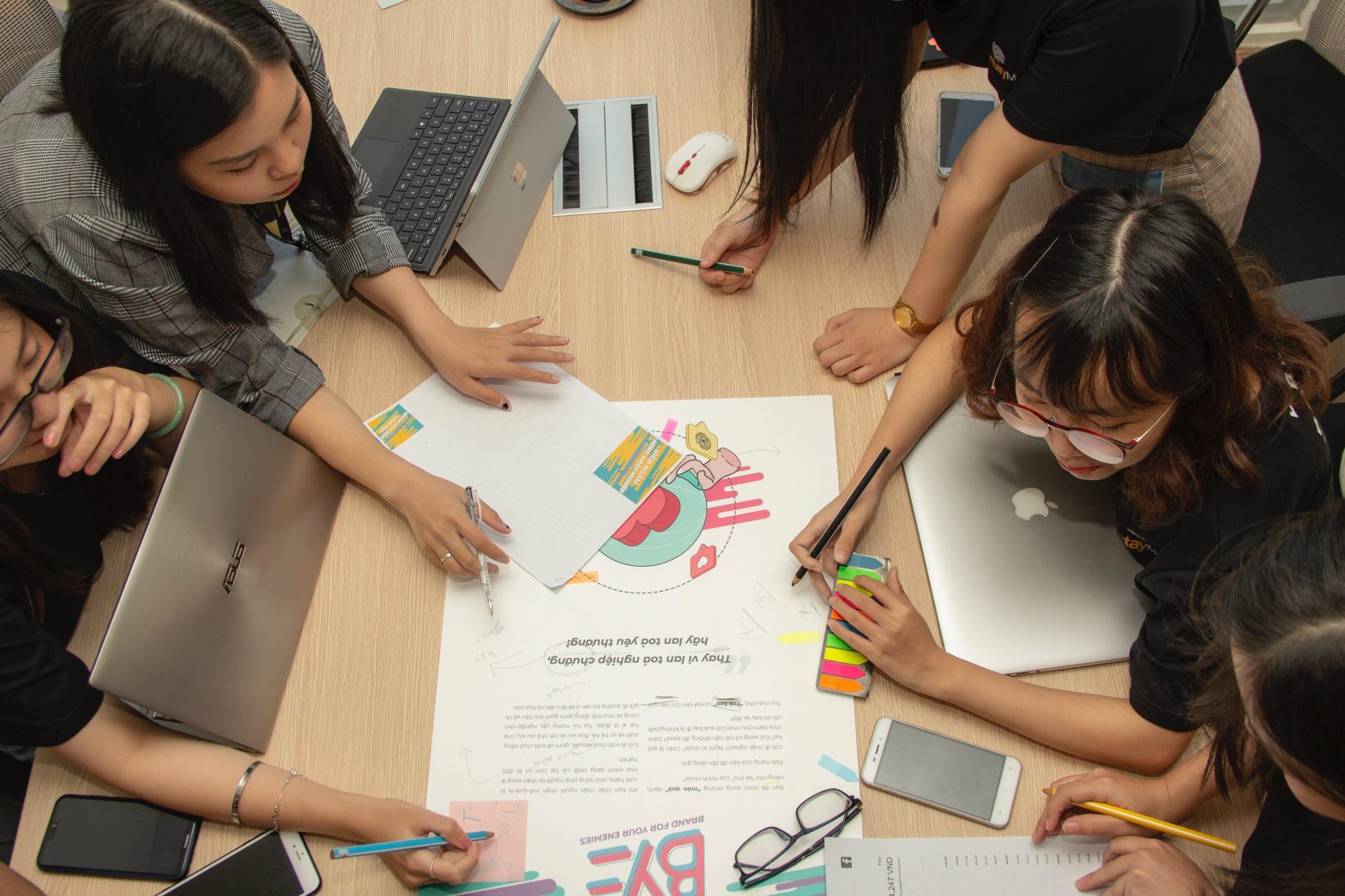
How to Study Effectively: 12 Secrets For Success
2,434
Studying effectively is critical for academic success from middle school through college. While every student has a unique learning style, research shows specific study strategies work better than others. Applying science-backed techniques can help students master any subject. An often underestimated resource for effective studying is the assistance of an online paper writer, whose expertise can provide valuable insights and guide you towards mastering the art of efficient learning. Here are 12 secrets to effective studying for unlocking academic achievement:
Make Flashcards
Flashcards utilize the memory-enhancing strategy known as spaced repetition. Reviewing cards repeatedly over time embeds facts deeper in long-term memory. Create digital flashcards or write by hand. Include only critical concepts on one side and details on the back. Keep sessions short but frequent.
Take Handwritten Notes
Using pen and paper engages more mental processing than typing notes. The act of writing helps reinforce learning. Color code concepts, highlight key points, and include mindmaps or diagrams for visual memory boosting. Reviewing handwritten notes also leads to better retention.
Explain Concepts to Others
Teaching what you just studied to classmates, parents, or tutors deepens comprehension. Articulating explanations out loud identifies gaps in understanding. Generating analogies that relate concepts to everyday life builds connections. Exchanging questions and insights with study partners benefits both.
Study in Short Bursts
Marathon study sessions exceeding two hours often become counterproductive as focus wanders. Shorter 25-30 minute bursts allow concentrating intently. Take short breaks for snacks, exercise, or socialize between rounds to recharge mental energy.
Sleep Before Exams
Cramming all night rarely works. Sleep consolidates memories, so studying a few days in advance and getting a good night’s rest beats last-minute exhaustion. For morning exams, avoid caffeine as it can disrupt restorative REM sleep cycles necessary for a test recall.
Test Yourself
Self-testing through practice questions and past exams boosts retention. Simulating the actual testing environment helps prepare. For each practice question, actively recall concepts rather than looking up answers immediately. Explain reasoning out loud. Grade honestly and focus review on domains needing improvement.
Eliminate Distractions
Phones, social media, background music with lyrics, and other distractions impair concentration during study sessions. Set devices on silent and log out of apps. Choose quiet locations like libraries over busy cafes. Laser focus attention solely on learning for 25-minute bursts.
Connect Concepts
Isolated facts make less sense than concepts linked to broader frameworks. Connect study topics to foundational theories and real-world examples. Understanding context solidifies retention and allows applying knowledge flexibly across exam questions. Create visual concept maps to integrate ideas.
Space Out Studying
“Cramming” attempts to learn in a single session what should be mastered gradually. Starting studying days or weeks beforehand, reviewing a little bit daily, lets concepts sink in over time. Consistency breeds results. The brain needs time and repetition to form robust neural connections.
Teach Back Key Ideas
Explain core concepts in your own words without reference materials. Teaching imaginary students reinforces their grasp of the most essential points. If you get stuck, identify areas needing further study. Verbalizing knowledge makes errors in thinking obvious.
Reward Yourself
Studying feels like work without mini rewards along the way. Build in small treats for reaching milestones like mastering 20 flashcards or finishing an outline. Fun social study breaks prevent burnout. Celebrate the end of exam week. Positive reinforcement boosts motivation.
Believe In Your Abilities
Students who believe intelligence is malleable and skills can be developed through effort perform better academically. Affirm hard work pays off, and challenges help strengthen the mind. Rather than doubting abilities, build confidence through preparation. Overcome setbacks by tweaking techniques.
Conclusion
Follow these research-based studying secrets, and academic success is within reach. Effective studying goes beyond merely reading texts and reviewing notes. Active engagement through self-testing, connecting concepts, and explaining ideas maximize learning. Pair studious effort with self-belief, and academic goals become achievable.











